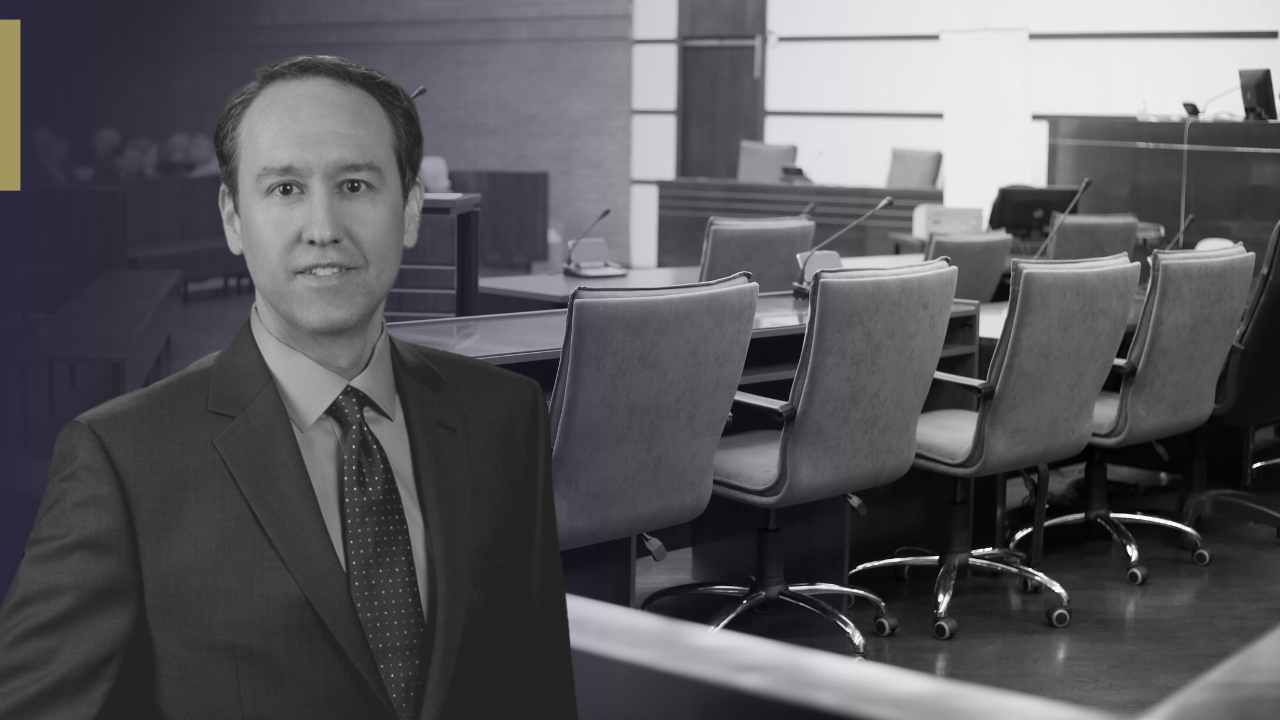Yesterday, I was honored to be the guest of the State Bar of Georgia General Counsel’s office for their in-office CLE. The Office of the General Counsel is the group at the State Bar of Georgia who, among other things, that deals with bar complaints and attorney discipline.
I was one of two speakers for this group yesterday. I was there to provide an overview of how criminal appeals work in the State of Georgia from conviction to direct appeal and to the State habeas process. The other speaker was Brian Mendelsohn, with the Federal Defender Program for the Northern District of Georgia. Brian talked about the Federal process.
Brian was great. The audience was great. Brian and I both got off of our prepared remarks and truly dialogued around the conference table.
It turns out that all Federal appeals have the same key events in the life of a case where the attorney-client relationship can go sour. State appeals in Georgia have their own key moments. In the Federal system, it all boils down to whether to take on an appeal waiver as part of a plea agreement or to plea without such a waiver. Conflicts also center around choosing when to object to information contained in a pre-sentence report.
In the State system, the three main areas where the attorney and client may find themselves at odds with one another include which issues to raise on appeal (particularly whether to assert an ineffective assistance of counsel claim), delays in getting the transcript from the court reporter, and the client’s desire to get his own copy of the transcript so that he can “help” with the appeal.
Beyond these key substantive things, there was one common theme that resounded in our presentation and our discussion with the group: communication is key. Even if the choice of issues is ultimately yours, it is important to explain as much as you can why you are doing what you are doing.
Even if communication involves relaying information that is not particularly earth shattering, it is important to communicate. For instance, “I don’t have the transcript yet” is news though it feels like it isn’t news. Making the client understand the process and the progress of his case is important even if the process is at a stand-still and there has been no progress.
So, thanks Brian and thanks State Bar General Counsel’s Office for the opportunity to share our thoughts on the criminal appeals process in the Federal and Georgia State system and how best to serve the clients who find themselves within that process.


